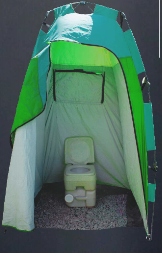Altitude Sickness Puts a Damper on Your Trip
Altitude sickness is an unpredictable condition. You might easily think it is just jet lag or feeling under the weather, but if you are in a mountainous region and you start to feel ill, it will most likely be altitude sickness, the effects of which can ruin an enjoyable holiday.
Facts and Symptoms of Altitude Sickness
Occasionally referred to as mountain sickness, altitude sickness is mainly caused by walking or climbing to a higher altitude too quickly or staying at that height for too long. When you go to higher elevations, the air pressure surrounding you drops, and there is less oxygen available. The number of oxygen molecules per inhalation decreases. If you live in a place that is positioned at a moderately high altitude, you will get used to the air pressure. But, if you keep climbing to higher heights, your body will need time to adjust to the change in pressure. As you continue rising without acclimatizing, fluid can build up in the lungs and brain.
There are three forms of altitude sickness, namely: Acute Mountain Sickness (AMS) is the mildest form, it is prevalent. High Altitude Pulmonary Edema (HAPE) is the accumulation of fluid in the lungs that can be very risky. High Altitude Cerebral Edema (HACE) is the most severe kind of altitude sickness and occurs when there is fluid in the brain.
The severity of altitude sickness symptoms depends on several factors, including the age, weight, blood pressure, and overall fitness of an individual. How fast a person climbs to 8,000 feet and the amount of time spent at a high altitude are also contributing factors.
The primary symptoms of altitude sickness are headache, dizziness, nausea, vomiting, fatigue, shortness of breath, problems with sleep, and low appetite. These symptoms usually show within twelve to twenty-four hours of reaching a higher elevation and then get better within a day or two as your body acclimatizes to the altitude change. If the symptoms you feel get more intense and are characterized by a cough, confusion, and loss of coordination, you have developed a severe form: either HAPE or HACE. These forms of altitude sickness require medical attention immediately as well as moving to a lower altitude.
To learn more about how to adjust to altitude sickness to enjoy your time in Machu Picchu, get in touch with Alpaca Expeditions. Alpaca Expeditions is a Peruvian travel operator with a main office in located in Cusco, Peru, and we are the top-rated tour operators of the Inca Trail.
Sources:
https://ic.steadyhealth.com/altitude-sickness-facts
https://www.webmd.com/a-to-z-guides/altitude-sickness#1
Alpaca Expeditions Recognitions
ISO (International Organization for Standardization)
In the pursuit to stand out from the rest, Alpaca Expeditions has obtained four ISOs plus our carbon footprint certificate to date. These achievements result from our efforts to implement the internationally-recognized integrated management system. They also represent our commitment to all of our clients and staff of operating sustainability and responsibility in every way possible.
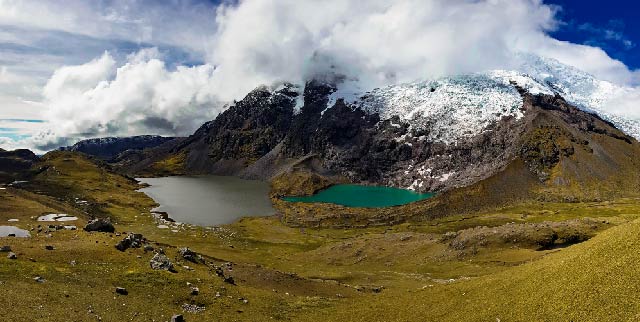



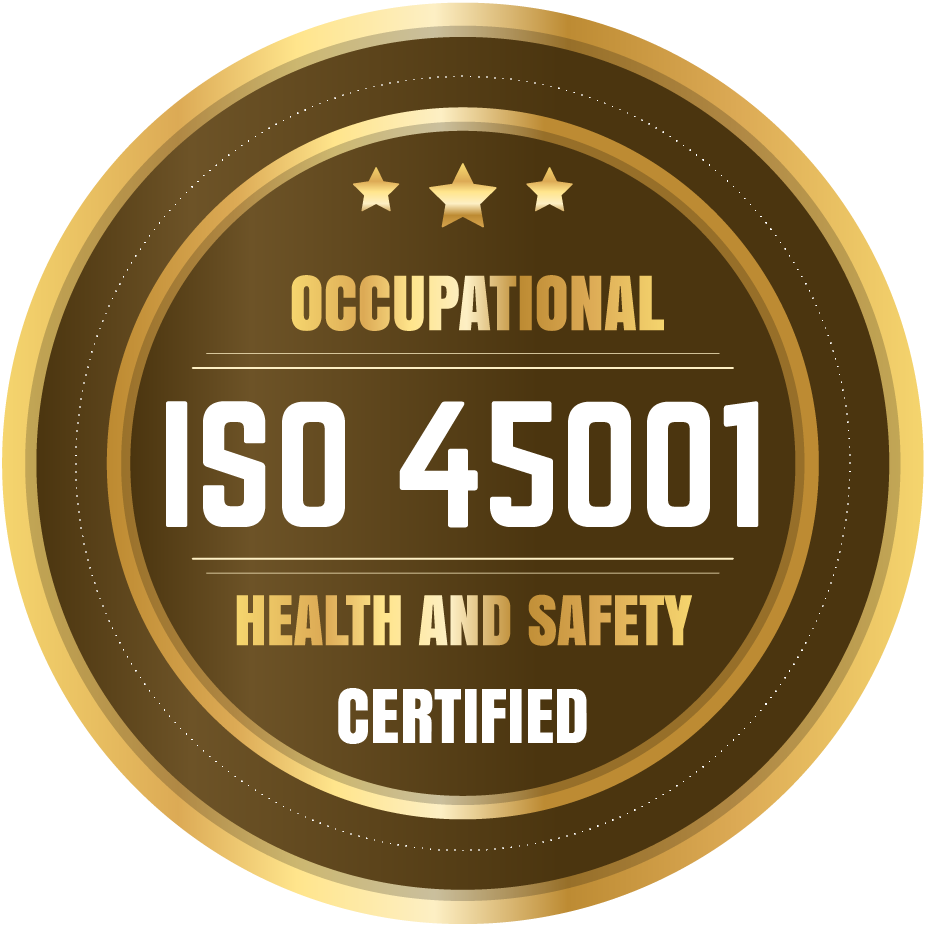
















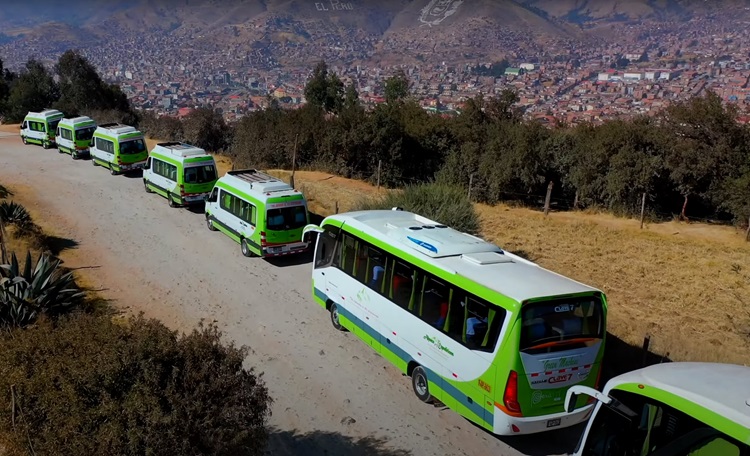
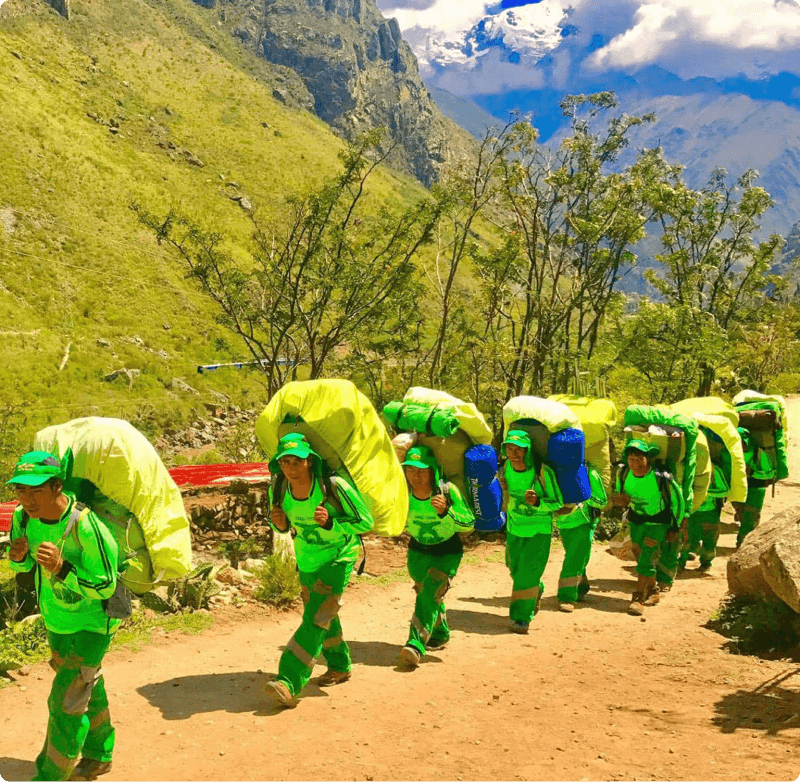 Porters will carry up to 7 kg of your personal items, which must include your sleeping bag and air mat (if you bring or rent one). From us, these two items weigh a combined total of 3.5 kg.
Porters will carry up to 7 kg of your personal items, which must include your sleeping bag and air mat (if you bring or rent one). From us, these two items weigh a combined total of 3.5 kg.

